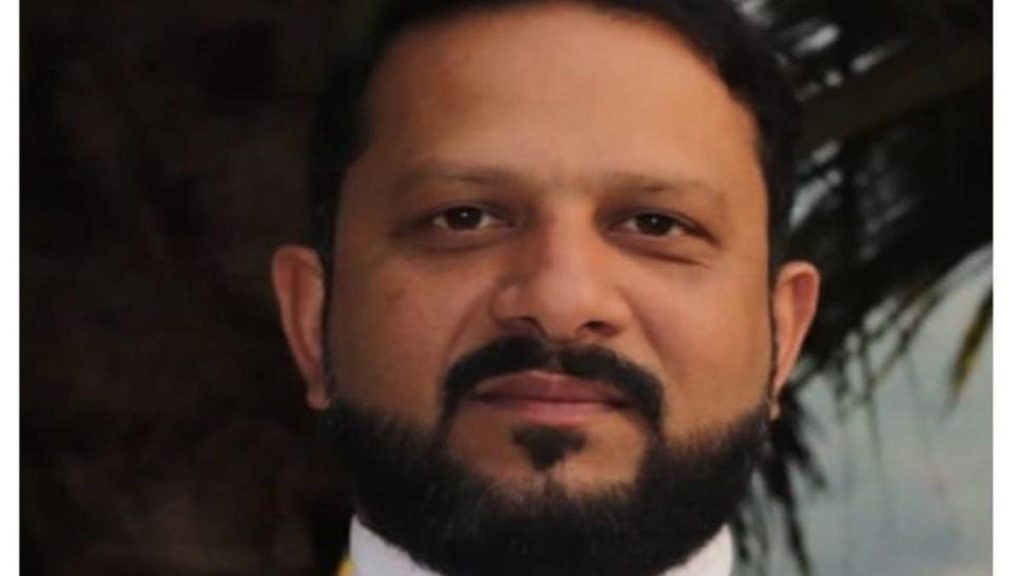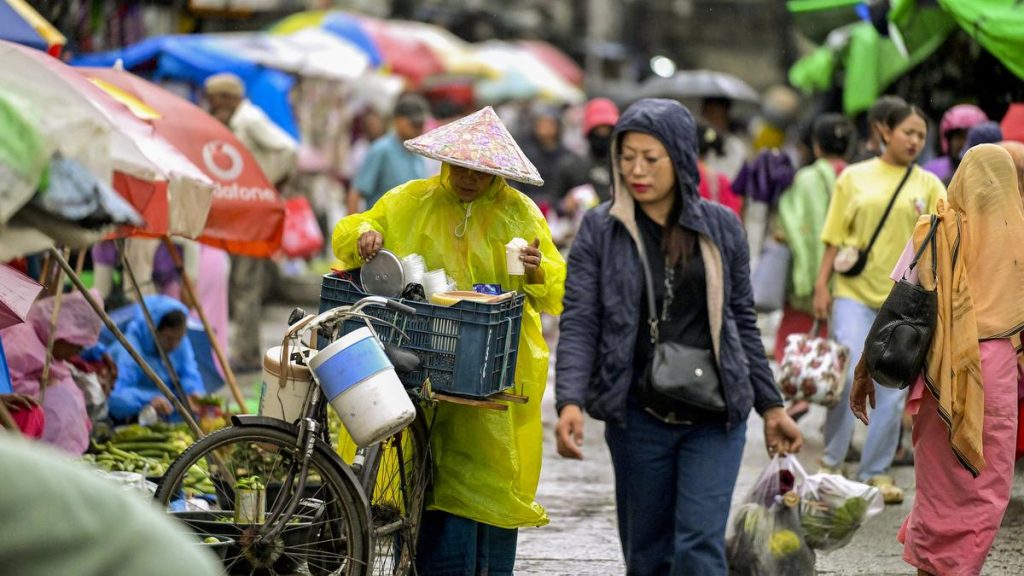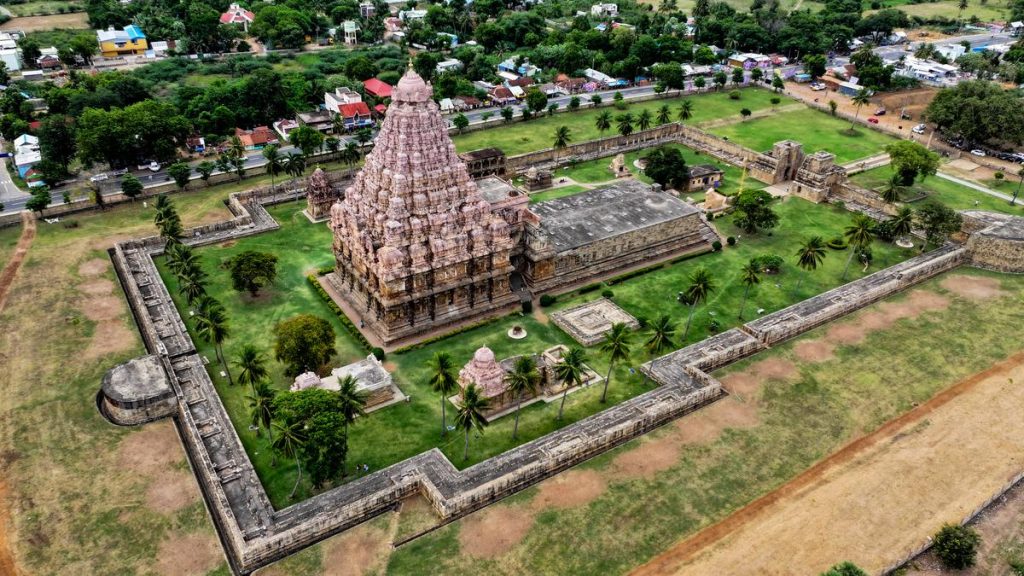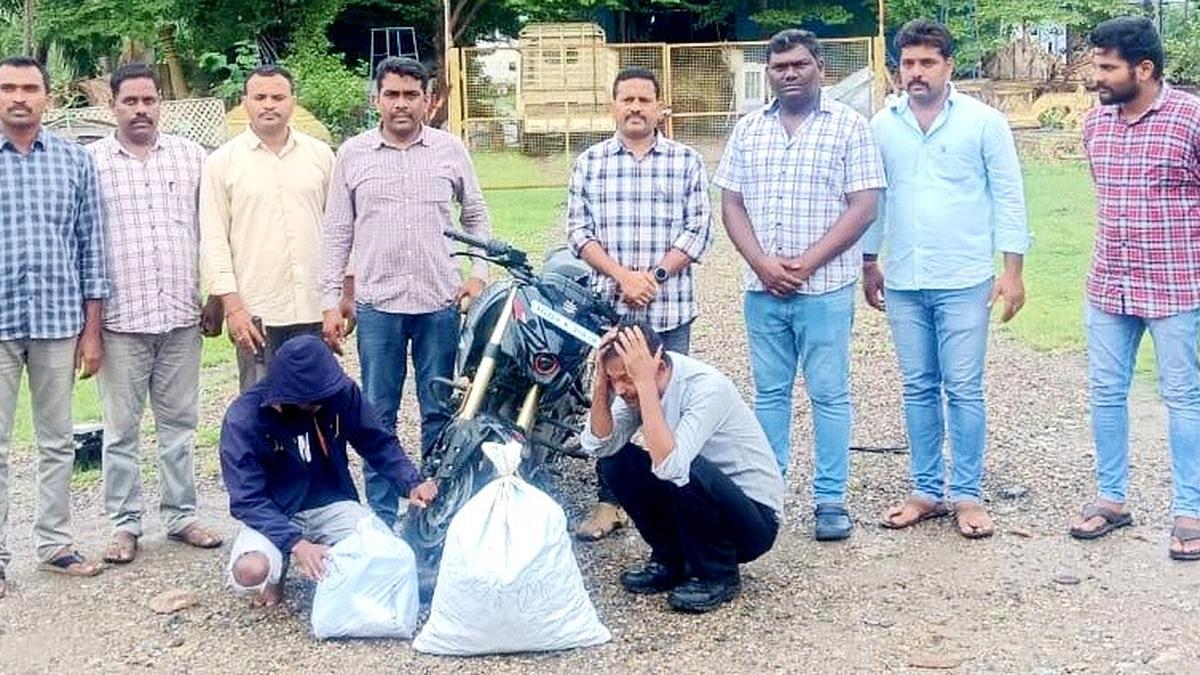Now Reading: Meghalaya High Court Reviews Challenge to Khasi Lineage Act
-
01
Meghalaya High Court Reviews Challenge to Khasi Lineage Act
Meghalaya High Court Reviews Challenge to Khasi Lineage Act
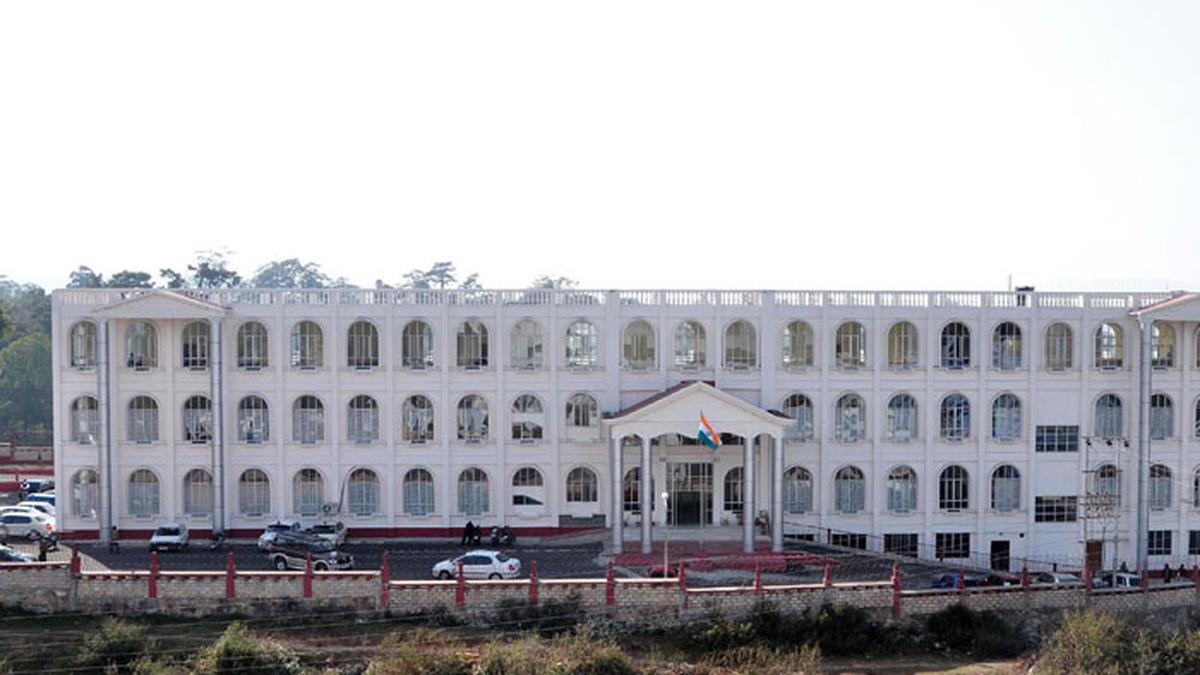
Rapid Summary
- A law restricting issuance of Scheduled Tribe (ST) certificates too individuals adopting their father’s or husband’s surname is under judicial scrutiny in Meghalaya.
- the Khasi Hills Autonomous District (Khasi Social Custom of Lineage) Act, 1997, seeks to preserve the matrilineal structure of the Khasi community.
- On July 23, 2025, Meghalaya High Court sought a response from the State Advocate General on a public interest litigation filed by Syngkhong Rymphei Thymmai, advocating for reforms and exploring patrilineal adoption.
- the petition challenges provisions in the Act and questions legal validity regarding surname preferences affecting ST certification eligibility.
- An official clarification letter issued in 2020 permitted individuals to adopt surnames from either parent or marriage but was withdrawn in May 2024. Authorities allegedly refused ST certificates based on revised interpretations.
- Petitioners argue denial of ST certificates should not hinge solely on surname choice if bloodline and lineage criteria are met per amendments made in 2023.
- The division bench noted urgency for resolution and scheduled further hearing on August 7.
Indian Opinion Analysis
Meghalaya High Court’s intervention highlights critical questions about balancing customary customs with modern egalitarian principles. While the Khasi Hills Autonomous District Act aims to protect cultural identity through matrilineal lineage, denying Scheduled Tribe certificates based on surnames risks alienating sections adhering to evolving familial norms. this case underscores tension between legislative intent focused on preserving heritage and individual rights within today’s more fluid societal frameworks.
The implications extend beyond tribal classification disputes-it touches upon broader issues like gender equity, freedom of identity expression, and fair access to government benefits influenced by evolving social roles. Resolution will require carefully navigating respect for tradition without compromising constitutional guarantees or inclusion principles.
Read More: https://www.thehindu.com/theme/images/th-online/1x1_spacer.png



